- 全部删除
 您的购物车当前为空
您的购物车当前为空
Deuterium Labeled Compounds
氘(氢-2)标记化合物是其中一个或多个氢原子被氘(氢的稳定同位素)取代的化合物。氘的原子核中有一个质子和一个中子,而最常见的氢同位素(氕)只有一个质子。氘(氢-2)标记化合物可用于研究药物代谢和反应动力学。
- VX-984T110671476074-39-1VX-984 (M9831) 是一种可口服的、具有选择性的的、可透过血脑屏障的 DNA-PK 抑制剂。VX-984 对非同源性末端 NHEJ 的接合具有抑制作用,可作用于 DSBs 使 DNA 双链断裂。VX-984常见于对胶质母细胞瘤 (GBM) 和非小细胞肺癌 (NSC-LC) 的研究。
- ¥ 795
规格数量 - Fulvestrant-d3TMIJ-0244Fulvestrant-d3(氟维司群 d3)是Fulvestrant的氘代标记物,可用于同位素示踪。Fulvestrant (ZM 182780) 是一种雌激素受体 (ER) 拮抗剂和GPR30 的激动剂,可以抑制细胞增殖,诱导细胞凋亡和自噬。
- 待询
规格数量 - Vitamin B3-d4T8530866148-15-0Vitamin B3-d4 (Nicotinic acid-(ring-d4)) 是 Niacin 的氘代物,可用于跟踪 Niacin 在体内的代谢。
- ¥ 745
规格数量 - Palbociclib-d8T123551628752-83-9Palbociclib-d8 (PD 0332991 D8) 是 2H 标记的 Palbociclib。Palbociclib 是一种具有口服活性的 CDK 抑制剂,抑制 CDK4 和 CDK6 (IC50=11/16 nM)。Palbociclib 具有抗肿瘤活性,可用于研究 ER 阳性和 HER2 阴性乳腺癌。
- ¥ 3980
规格数量 - DonafenibT169091130115-44-4Donafenib (Bay 43-9006 (D3)) 是一种氘标记的 Sorafenib,Sorafenib 是一种多激酶抑制剂(对 Raf-1、B-Raf 和 VEGFR-3 的 IC50 分别为 6 nM、20 nM 和 22 nM)。
- ¥ 919
规格数量 - Aniline-d5TMIJ-03424165-61-1Aniline-d5(苯胺-d5)是Aniline的氘代同位素标记物,可用于同位素示踪。Aniline 通过铁过载和通过血红素加氧酶 1 上调诱导氧化应激对脾脏产生毒性,能够导致 p-IKKα 和 p-IKKβ 显着增加,进而增加 NF-κB 和 AP-1 结合活性。
- ¥ 148
规格数量 - 5'-Deoxy-5'-methylthioadenosine-d3TMID-0168174838-38-15'-Deoxy-5'-methylthioadenosine-d3 是内源性核苷代谢物5'-脱氧-5'-甲基硫代腺苷(MTA, CAS 2457-80-9)的稳定氘标记类似物。该化合物保留了母体分子的肿瘤细胞增殖抑制效应,主要作为质谱代谢组学研究中的内标物,用于定量生物样品中的MTA水平。
- ¥ 2399
规格数量 - Melatonin-d4T1199566521-38-8Melatonin D5, a deuterium-labeled version of melatonin, is a hormone produced by the pineal gland, known for its role as a selective ATF-6 inhibitor that promotes apoptosis in human hepatoma cells via COX-2 downregulation. Additionally, it activates melatonin receptors and exhibits antioxidative and anti-inflammatory properties.
- ¥ 2150
规格数量 - DL-Metanephrine-d3 HydrochlorideTMIH-01971085333-94-3DL-Metanephrine-d3 Hydrochloride 是用氘原子标记的 L-Metanephrine,可用于研究 L-Metanephrine 在身体内的代谢流程。
- ¥ 1650
规格数量 - Isoniazid-d4TMIJ-0309774596-24-6Isoniazid-d4(异烟肼-d4)是Isoniazid的氘代同位素标记物,可用于同位素示踪和药物代谢研究。Isoniazid是一种必须被细菌过氧化氢酶 KatG 激活的前药,对快速分裂的分枝杆菌具有杀菌作用。
- ¥ 2660
规格数量 - 5-Hydroxy-L-tryptophan-4,6,7-d3TMID-01511276197-29-55-Hydroxy-L-tryptophan-4,6,7-d3 是 2H 标记的 L-5-Hydroxytryptophan。L-5-Hydroxytryptophan (L-5-HTP) 是一种膳食补充剂,是血清前体,抑制干扰素 γ (IFN-γ) 诱导的 PD-L1 表达,通过抑制 PD-L1 诱导表达来促进抗肿瘤免疫,可用于研究偏头痛和抑郁症等神经系统疾病。
- ¥ 993
规格数量 - Corticosterone-d8TMIH-01671271728-07-4Corticosterone-d8 是 2H 标记的 Corticosterone。Corticosterone 是一种具有口服活性的肾上腺皮质类固醇,具有盐皮质激素和糖皮质激素活性,参与动物的激素调节过程。
- ¥ 1320
规格数量 - Ursodeoxycholic Acid-d4TMIH-0590347841-46-7Ursodeoxycholic Acid-d4 (Ursodeoxycholic acid-2,2,4,4-d4) 是 Ursodeoxycholic acid 的氘代物,是通过 LC/MS 或 GC/MS 定量检测熊去氧胆酸 (UDCA) 水平的内标。
- ¥ 730
规格数量 - L-Kynurenine-d4TMID-00712672568-86-2L-Kynurenine-d4是L-Kynurenine的氘代标记化合物,可用于同位素示踪。L-Kynurenine是色氨酸代谢产物和AHR的内源性激动剂。
- ¥ 2380
规格数量 - Sulfamethoxazole-d4T130311020719-86-1Sulfamethoxazole-d4(磺胺甲恶唑 D4,Ro4-2130 D4)是Sulfamethoxazole的氘代标记物,可用于同位素示踪。Sulfamethoxazole是一种磺胺类抗菌素。
- ¥ 745
规格数量 - Ketorolac-d5T117541215767-66-0Ketorolac-d5是Ketorolac的氘代标记化合物,可用于同位素示踪。Ketorolac是非甾体抗炎剂和COX-1与COX-2的抑制剂。
- ¥ 1099
规格数量 - L-Carnitine-d3 ChlorideTMIH-0296350818-62-1L-Carnitine-d3 Chloride ((R) -Carnitine-d3 hydrochloride) 是 L-Carnitine hydrochloride 的氘代物,是检测原料中左旋肉碱总量的内标。L-Carnitine (L(-) -Carnitine) 是一种人内源性分子,在人体内以蛋氨酸和赖氨酸为底物进行生物合成,并参与脂肪酸代谢。
- ¥ 412
规格数量 - Vanillin-d3TMIH-059374495-74-2Vanillin-d3(香兰素-d3)是Vanillin的氘代标记物,可用于同位素示踪。Vanillin (Zimco) 是一种从香草豆中提取的天然产物常用于香水,食品和药物。
- ¥ 632
规格数量 - Choline-d4 ChlorideTMIH-0149285979-70-6Choline-d4 Chloride (Choline-1,1,2,2-D4 Chloride) 是 2H 标记的 Choline chloride。Choline chloride 是一种必需营养素,可激活 α7 烟碱受体,具有抗炎、镇痛的活性。Choline chloride 对动脉粥样硬化、神经系统疾病和肝脏疾病等具有影响。
- ¥ 413
规格数量 - Dimethyl-d6 SulfoxideT92422206-27-1Dimethyl-d6 Sulfoxide 是二甲基亚砜 (DMSO, (CH3) 2S = O) 的氢 (“H”) 被另一种同位素氘 (“d”) 取代的形式。二甲基-d6 亚砜是核磁共振光谱中的常用溶剂。
- ¥ 195
规格数量 - L-838417 D9T223011213669-91-0L-838417 D9 (C-21191) 是 L-838417 的氘代物。其中L-838417 是亚型选择性GABAA 正变构调节剂,在 α2, α3 和 α5 亚型中作为部分激动剂。
- ¥ 290
规格数量
- Nicotinamide-d4T69395347841-88-7Nicotinamide-d4是Nicotinamide的氘代标记化合物,可用于同位素示踪。Nicotinamide是一种维生素B3的衍生物,是SIRT1和SIRT2的抑制剂。
- ¥ 1180
规格数量 - Zanubrutinib-d5TMIH-0610Zanubrutinib-d5 (BGB-3111-d5) 是一种氘代标记的 Zanubrutinib ,是一种可口服布鲁顿酪氨酸激酶抑制剂,可用于研究 B 细胞恶性肿瘤。
- ¥ 3600
规格数量
转到第1页
/ 31 页










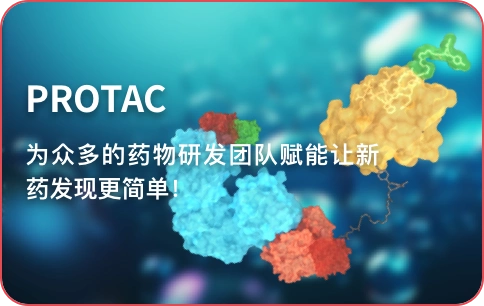





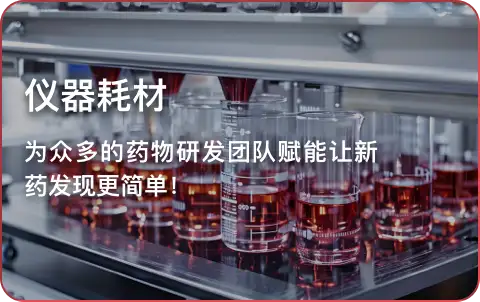

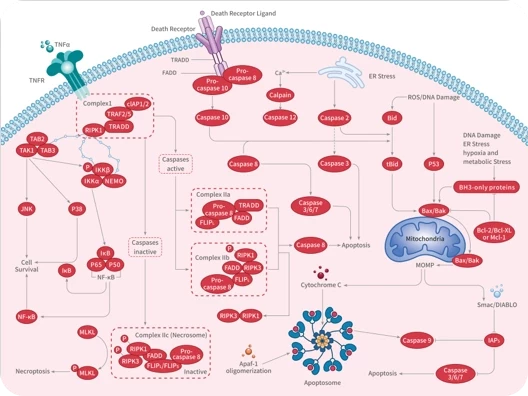
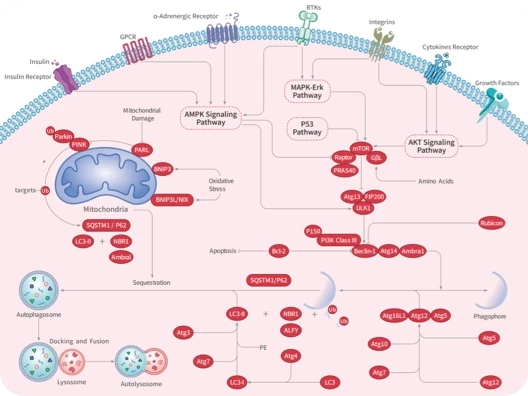

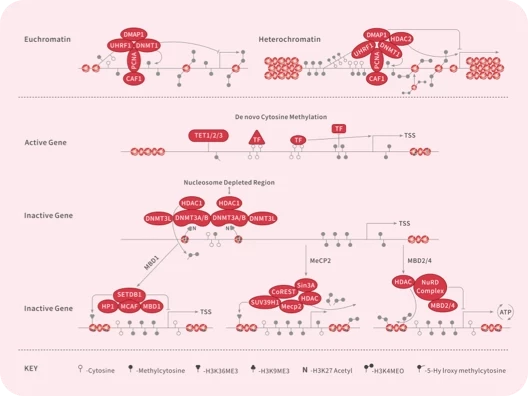
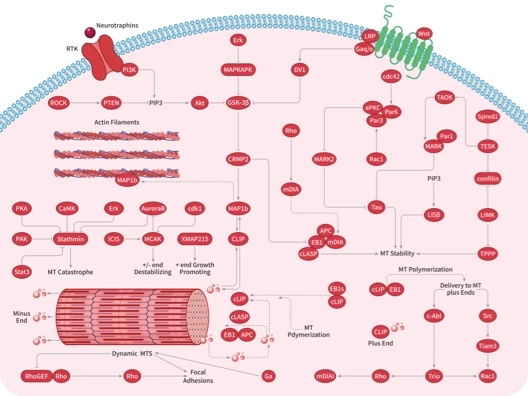
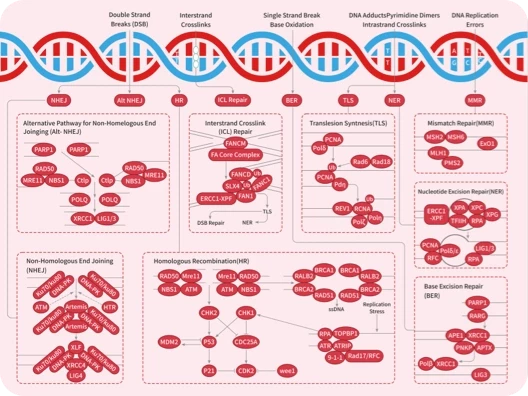
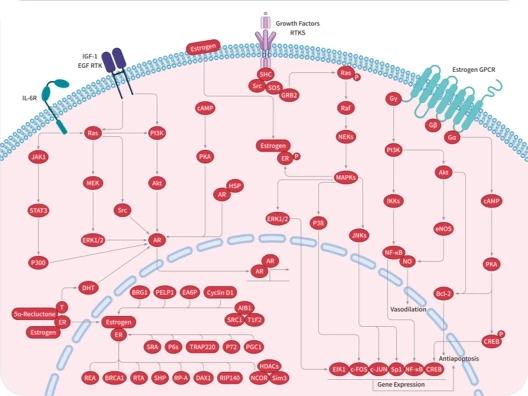
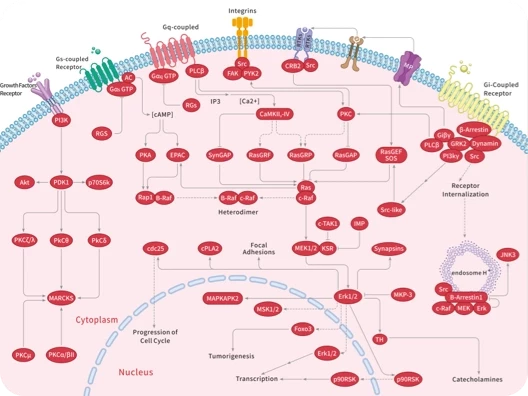
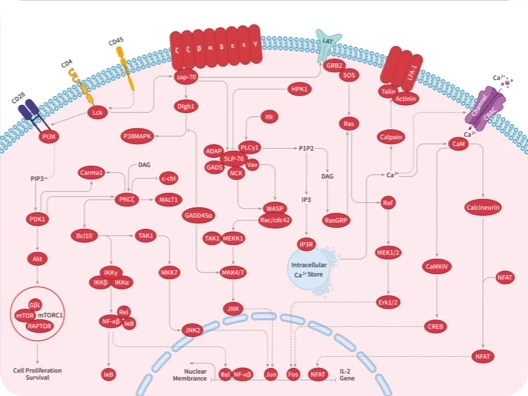
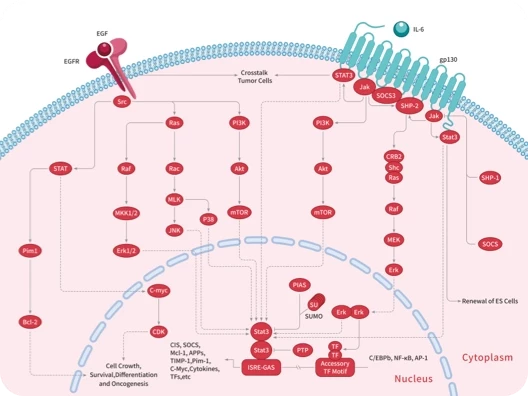
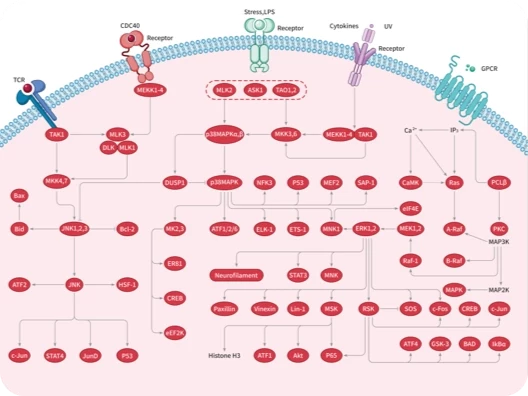
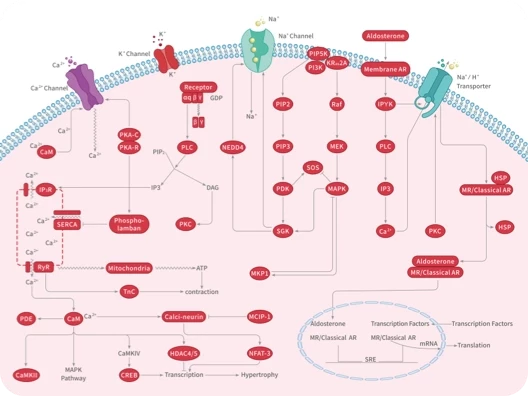
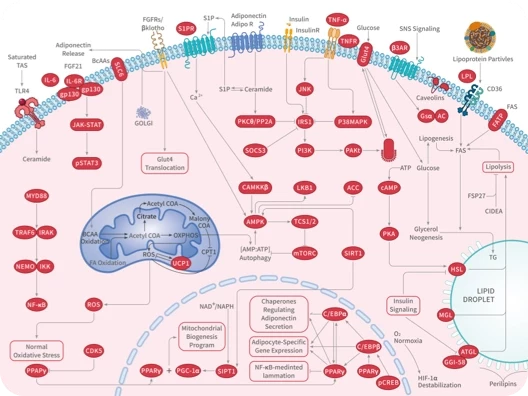
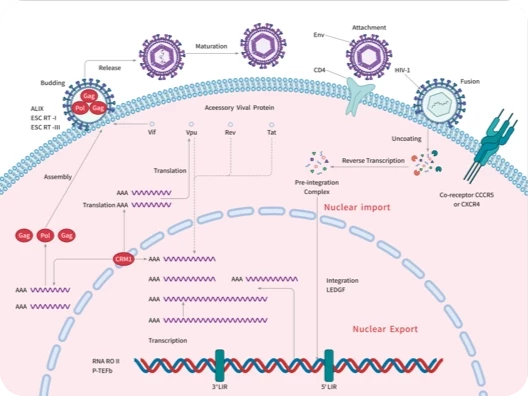

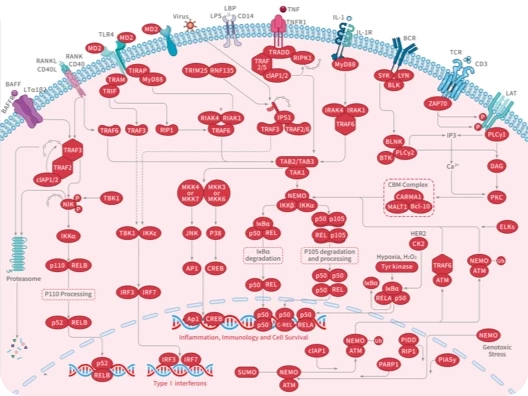
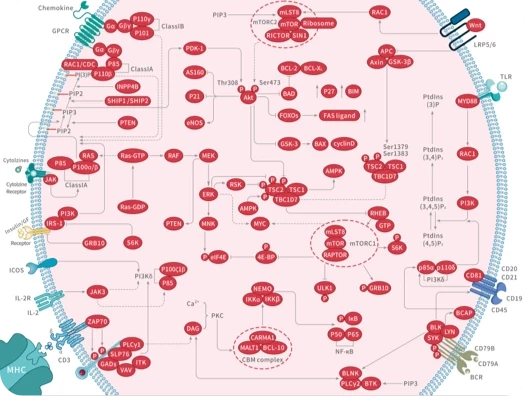
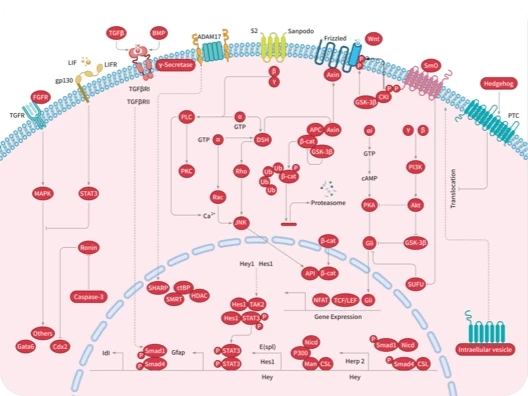
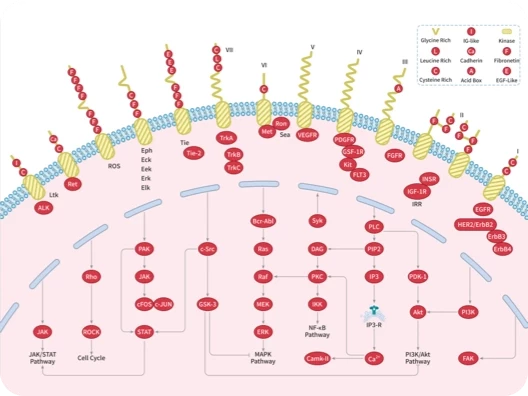
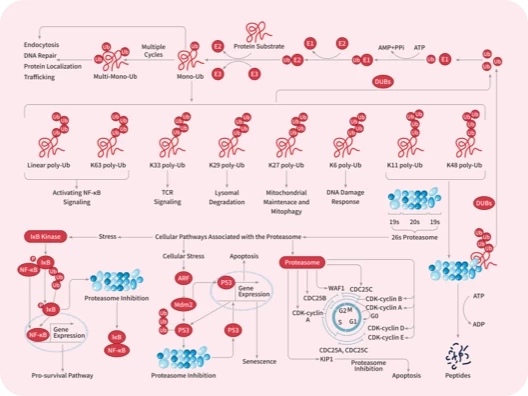

 |
|